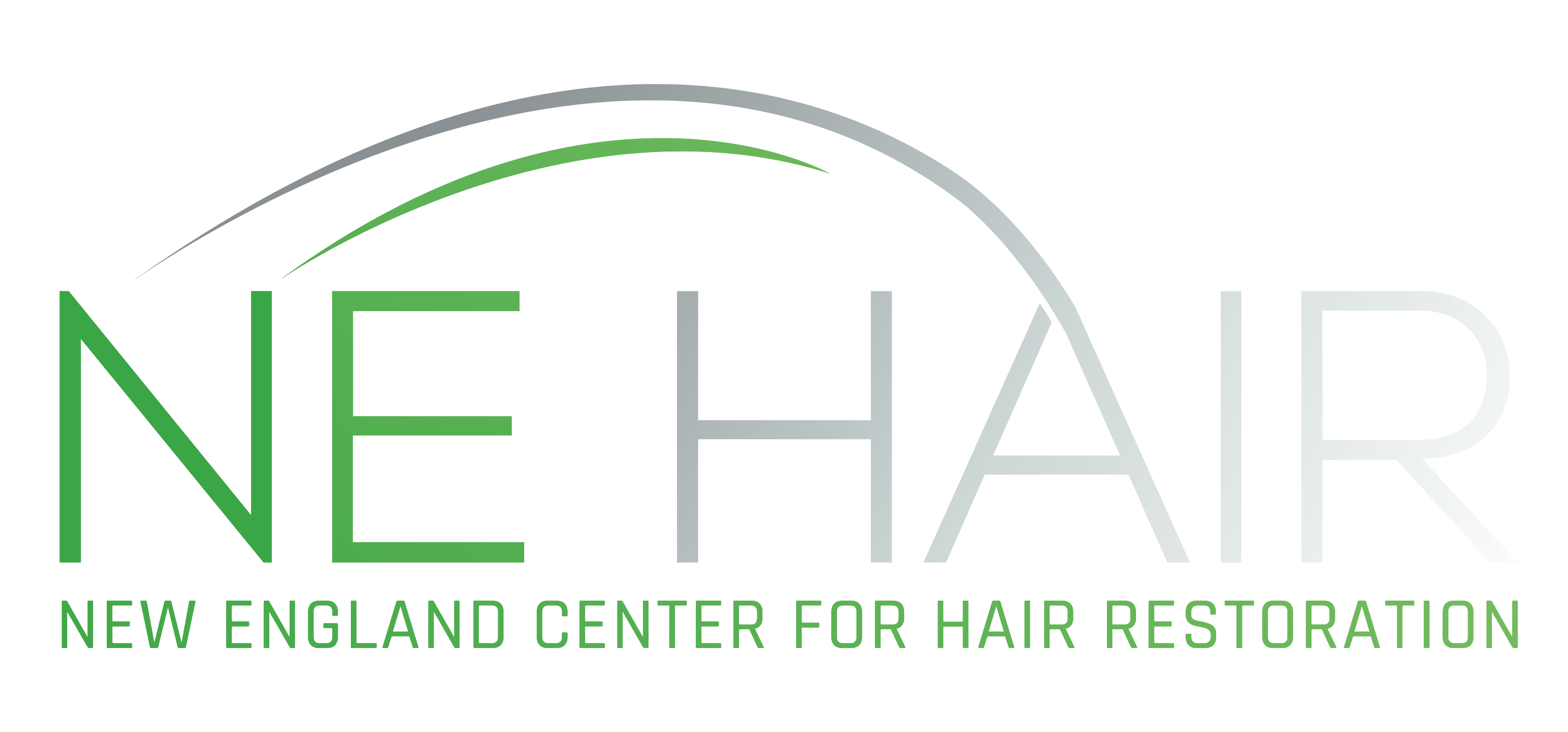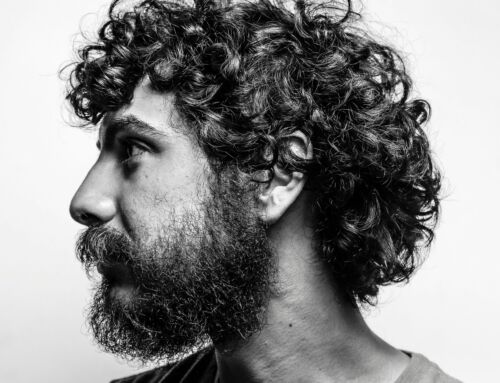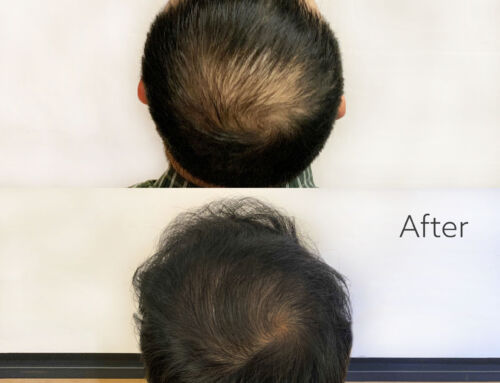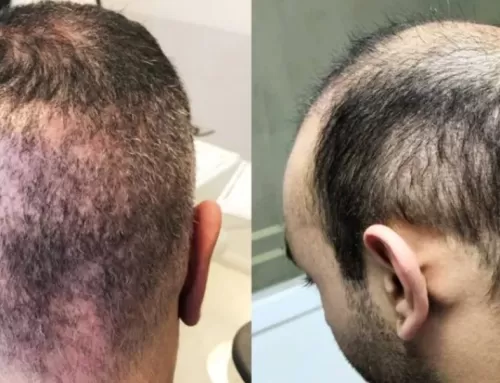The process of hair transplantation is still only a few decades old, but men and women have been trying to restore their balding or thinning hair for over a thousand years. The reality of hair loss is that the condition is primarily hereditary, and rarely aesthetically pleasing. For men, especially at an early age, the victim often feels a loss of youth and overall vibrancy. And for women, hair gives a feminine look and suggests good health. So wanting to have a healthy head of hair is an innate human trait.
Throughout history, many people have tried different herbs and natural practices to restore their hair. According to Gaia Herbs, a herbal supplement company based in Brevard, North Carolina, a herb called “Fo-Ti” has been used to restore hair vibrancy since the 9th century:
“This herb is also known as Ho-shou-wu (pinyin: heshouwu). It is a root from this plant. The herb was originally called jiaoteng, referring to its form: an intertwining vine (jiao = intersecting, teng = creepers). The newer name came from a story called Heshouwu Lun (Notes on Ho-shou-wu) by Li Ao, written around 813 A.D. The following is a compressed version: Mr. Ho from Hebei Province, at age 58, had not been able to father a child. A monk advised him to eat jiaoteng gathered from a mountain, which Ho then did, and consumed regularly. Soon after, he was able to father several children, his hair turned from gray to black, his vision improved, and his body became more youthful. He lived to age 130 (some say 160), still with black hair. Since then, the herb has been called Mr. Ho’s hair is black (shou = head; wu = black).”
Additionally, many people throughout history have believed herbs can improve circulation – such as Ginko Biloba and Panax Ginseng – said to increase blood flow to follicles, increasing hair growth.
Ultimately, the idea of using nature to restore hair vibrancy is an excellent one. That’s why at New England Center for Hair Restoration, we use our patients’ own, natural hair to restore balding or thinning areas. “Donor” areas include the back of a patients’ head (and sometimes beard and chest hair), which are then implemented into “recipient” areas, producing a full, natural result. Instead of just hoping a herb will work to fix your hair problems, why not go with proven 21st-century methods? Contact NE Hair today at (855) 5 NE HAIR to schedule a free consultation.






